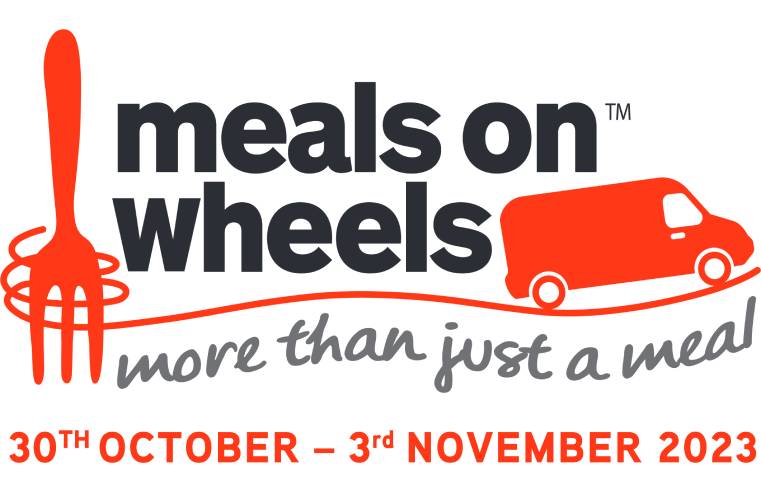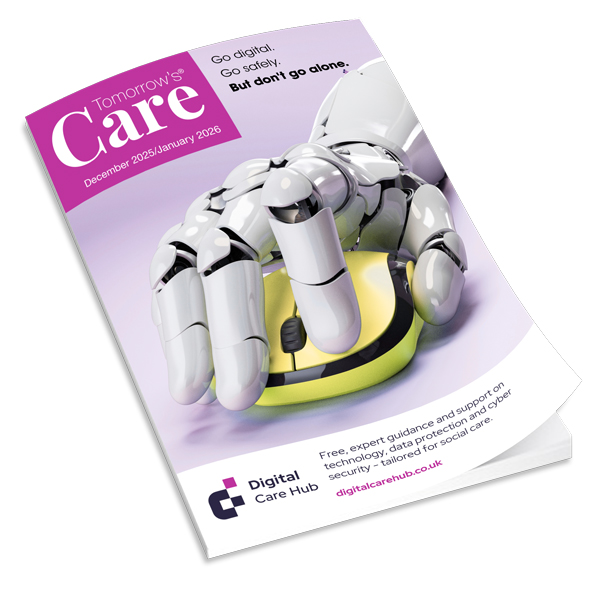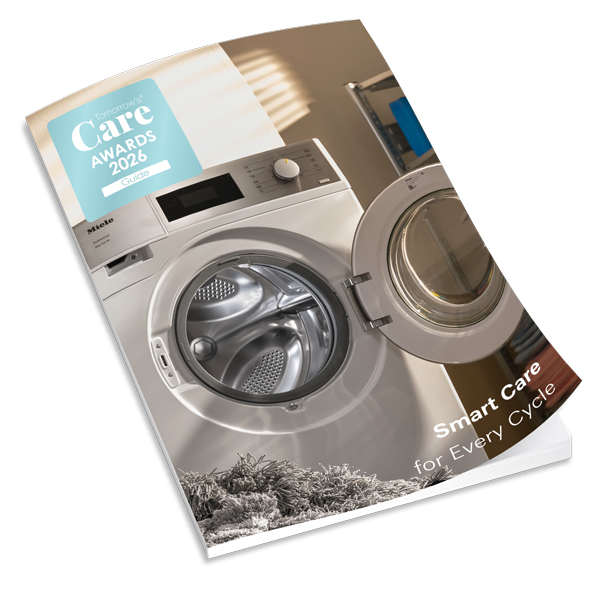2 out of 3 Multiple Sclerosis sufferers, in the UK, live in an area where there aren’t enough nurses to provide the necessary care, an MS Trust report has said.
The report, published today, found extreme variations in care for individuals with MS across the UK, with 1 in 4 living in areas where nurses have twice the recommended caseload.
To tackle these national disparities the MS Trust has launched their #No1alone campaign to fund new specialist nurses.
Of the 68,000 MS sufferers in the UK the report finds that those living in London, Southern Scotland, Leicestershire, North Wales, Teeside and West Yorkshire are the worst affected by the nurse shortage.
Liz Watson, MS Specialist Nurse covering the Bradford district, said: “There are approximately 800 people in Bradford with MS that I see, so my active caseload at any time is around 200 patients at a time. The work done by the MS Trust has identified that a manageable caseload is 358 patients - I have more than double that.
“This results in patients getting a watered down service, and sometimes means that response time to phone calls is longer than it should be.”
The MS Trust have mapped services and areas across the UK in the greatest need and plan to fund, train and support three new MS nurses through their #No1alone campaign.
Speaking about the new research, Amy Bowen, Director of Service Development at the MS Trust, said: “We believe that MS nurses play a vital role in helping people deal with the shock of diagnosis and help them adjust to, and manage, a full life with MS.
“The dangerous lack of specialist nurses can have grave consequences for people with MS. They may have to rely on non-specialist support for what is a highly complex disease and resort to using A&E services if their symptoms become worse.”





















